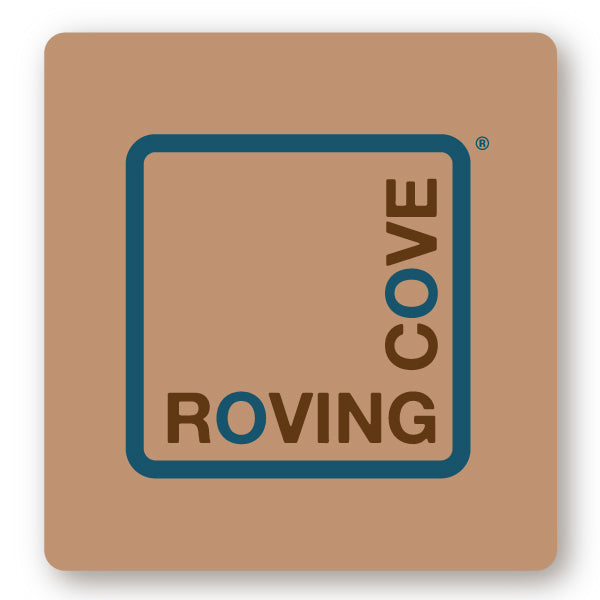- Safe Sleeping Environment
- Always place your baby on their back to sleep, in a crib or bassinet with a firm mattress and no loose bedding, pillows, or toys.
- Avoid co-sleeping in the same bed as your baby, as it increases the risk of suffocation.
- Make sure the crib meets current safety standards and has no missing or loose parts.
- Safe Bathing
- Never leave your baby unattended during bath time, even for a moment.
- Ensure the water temperature is comfortable but not too hot (around 100°F or 37°C).
- Proper Support
- Support your baby's head and neck when carrying or holding them, especially during the first few months when their neck muscles are weak.
- Safe Temperature
- Keep the room at a comfortable temperature, usually between 68-72°F (20-22°C), and avoid overheating your baby with too many layers.
- Secure the Baby
- Always use appropriate safety restraints, such as a car seat or a stroller, when traveling with your baby in a vehicle.
- Use a rear-facing car seat in the back seat of the car until your baby reaches the recommended weight and age to switch to a forward-facing seat.
- Safe Feeding
- Be cautious when feeding your baby with a bottle to avoid choking. Use age-appropriate nipples and bottles.
- Prevent Falls
- Never leave your baby unattended on a high surface like a changing table or couch.
- Baby Proofing
- Use a baby monitor to help you monitor your baby when they are sleeping in a separate room.
- Childproof your home by covering electrical outlets, securing cords and blinds, and using safety locks/latches on cabinets and drawers.
- Anchor heavy furniture, such as bookshelves and dressers, to the wall to prevent them from tipping over.
- Cover sharp edges and corners of furniture/hearth with soft bumper guards to prevent head injury.
- Secure your staircase by using stair gates and banister guards.
Remember that newborns are fragile and require constant attention and care. Always keep a close eye on your newborn, especially when they are awake and active.
Consider taking a CPR and first aid course designed for infants and children to be prepared in case of emergencies.
